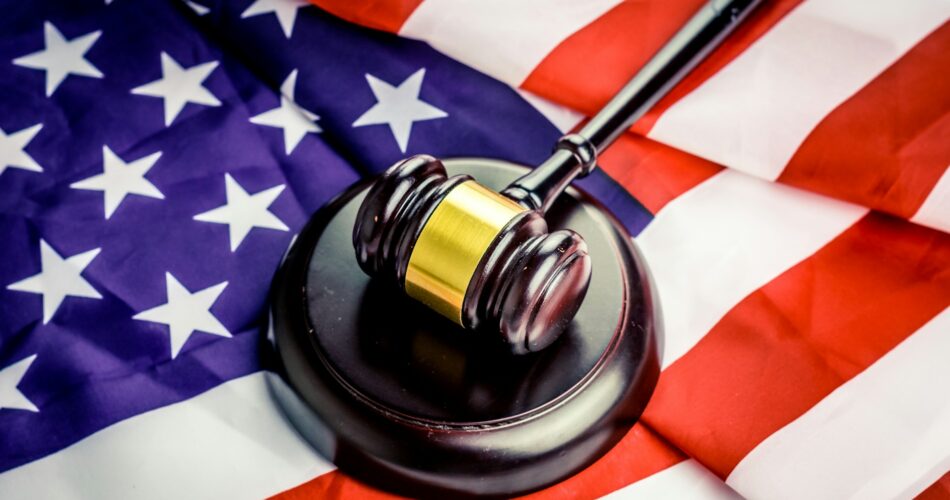This is a historic win.
A federal judge in New Jersey has ruled that religious institutions cannot be denied historic preservation grants solely because of their religious status. U.S. District Judge Evelyn Padin issued a preliminary injunction in favor of two churches, The Mendham Methodist Church and The Zion Lutheran Church Long Valley, which had been denied grants by Morris County officials. Judge Padin criticized New Jersey’s Rule 5.6.4, which excludes properties used for religious purposes from eligibility for preservation funds, arguing that this blanket exclusion likely violates the Free Exercise Clause of the First Amendment.
The case stems from a broader legal battle involving the use of public funds for religious institutions. In 2015, the Freedom From Religion Foundation (FFRF) sued Morris County for awarding historic preservation grants to churches. The New Jersey Supreme Court ruled in favor of the FFRF in 2018, concluding that allocating taxpayer funds to churches violated the state constitution. In response, the county implemented a policy that barred religious institutions from receiving such grants.
In 2023, The Mendham Methodist Church and Zion Lutheran Church sued the county, claiming that they were being unfairly discriminated against because they were religious institutions. The churches argued that excluding them from the grant program violated their constitutional rights, as public benefits like historic preservation grants should not be denied based on religious affiliation.
Jeremy Dys, senior counsel for First Liberty Institute, which represents the churches, commended the judge’s ruling, emphasizing that it upholds the principle that religious institutions should not face government discrimination. The legal firm argued that the denial of grants to historic churches is a form of unconstitutional discrimination against religious entities.
The ruling marks an important moment in the ongoing debate about the intersection of religion and public funding, highlighting the constitutional protections against religious discrimination in government programs. It also signals a potential shift in how historic preservation grants may be applied to religious institutions in the future.
